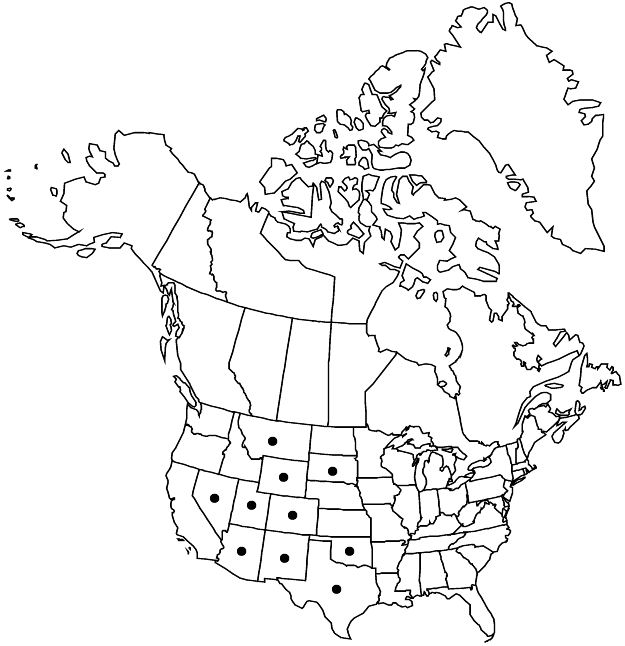Difference between revisions of "Physocarpus monogynus"
Contr. U.S. Natl. Herb. 2: 104. 1891.
FNA>Volume Importer |
imported>Volume Importer |
||
| Line 56: | Line 56: | ||
|publication year=1891 | |publication year=1891 | ||
|special status=Endemic | |special status=Endemic | ||
| − | |source xml=https:// | + | |source xml=https://bibilujan@bitbucket.org/aafc-mbb/fna-data-curation.git/src/bb6b7e3a7de7d3b7888a1ad48c7fd8f5c722d8d6/coarse_grained_fna_xml/V9/V9_576.xml |
|subfamily=Rosaceae subfam. Amygdaloideae | |subfamily=Rosaceae subfam. Amygdaloideae | ||
|tribe=Rosaceae tribe Neillieae | |tribe=Rosaceae tribe Neillieae | ||
Revision as of 00:30, 28 May 2020
Shrubs, 10 dm. Stems often decumbent, spreading, reddish brown becoming dark gray, glabrous or sparsely stellate-hairy. Leaves: stipules linear to narrowly elliptic or subulate, 4–5 × 1 mm, base attenuate, apex acute; petiole 0.5–2.2 cm; blade broadly ovate, 1.5–4 × 2–4.5 cm, sometimes wider than long, base usually truncate to cordate, rarely broadly cuneate, 0 or 1–5-lobed, margins doubly crenate to doubly serrate, apex rounded to obtuse, surfaces glabrous or sparsely stellate-hairy. Inflorescences 10(–15)–30-flowered, fairly dense, hemispheric racemes, 4 cm diam.; bracts linear to narrowly elliptic or narrowly obovate, 2–4 mm, apex acute, rarely 2-fid. Pedicels 8–18 mm, sparsely to moderately stellate-hairy. Flowers 8–10 mm diam.; hypanthium cup-shaped, 1.7–2 mm, sparsely to moderately stellate-hairy; sepals triangular to ovate, 3 mm, apex gland-tipped, surfaces sparsely to moderately stellate-hairy; petals white, broadly elliptic to orbiculate, 4.5 × 4 mm; stamens 20–40, ± equal to petals; carpels (1)2(3), connate at least 1/2 their lengths, densely stellate-hairy. Follicles (1)2(3), inflated, 2.5 mm (lengths shorter than sepals), densely stellate-hairy, hairs white; styles 3.5 mm. Seeds 1–3, pyriform, 2–2.5 mm. 2n = 18.
Phenology: Flowering May–Aug; fruiting Jul–Oct.
Habitat: Open rocky wooded slopes, seepage ledges, canyons
Elevation: 1800–2600 m
Distribution

Ariz., Colo., Mont., Nev., N.Mex., Okla., S.Dak., Tex., Utah, Wyo.
Discussion
Selected References
None.